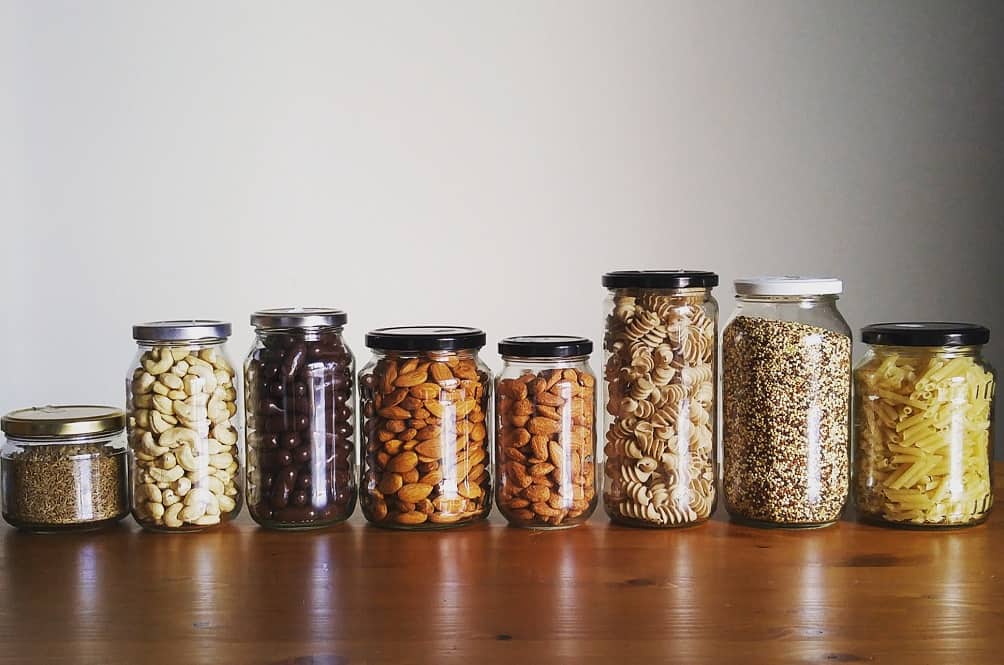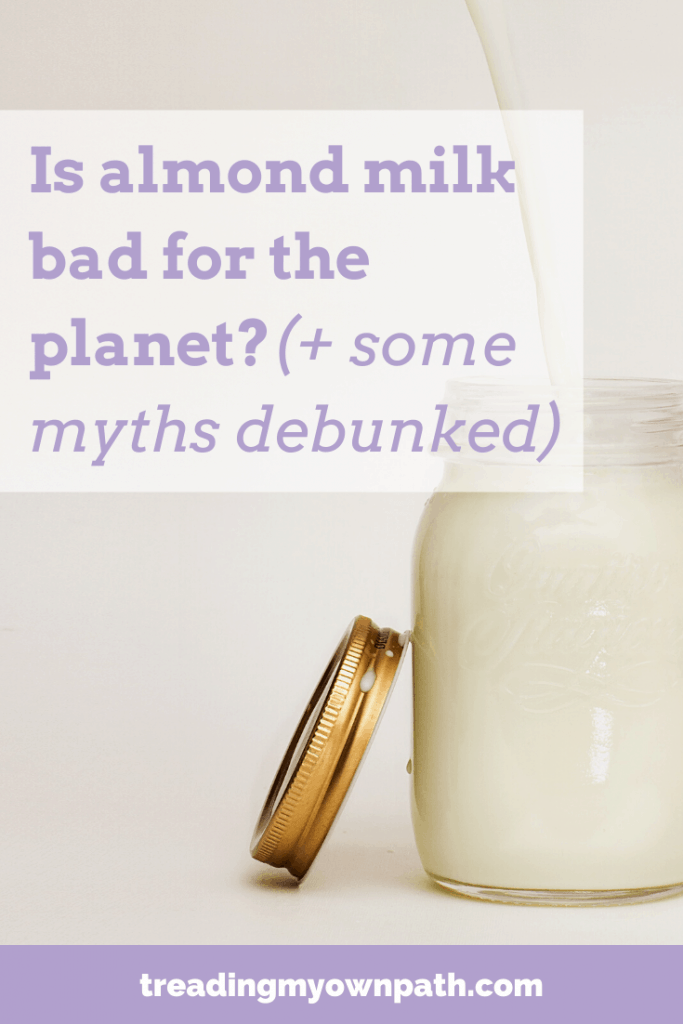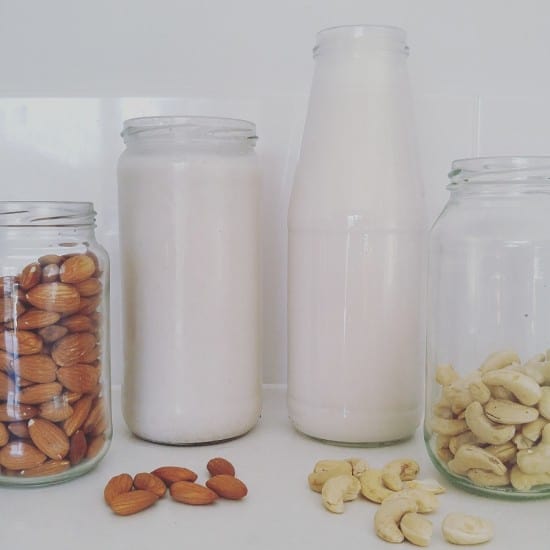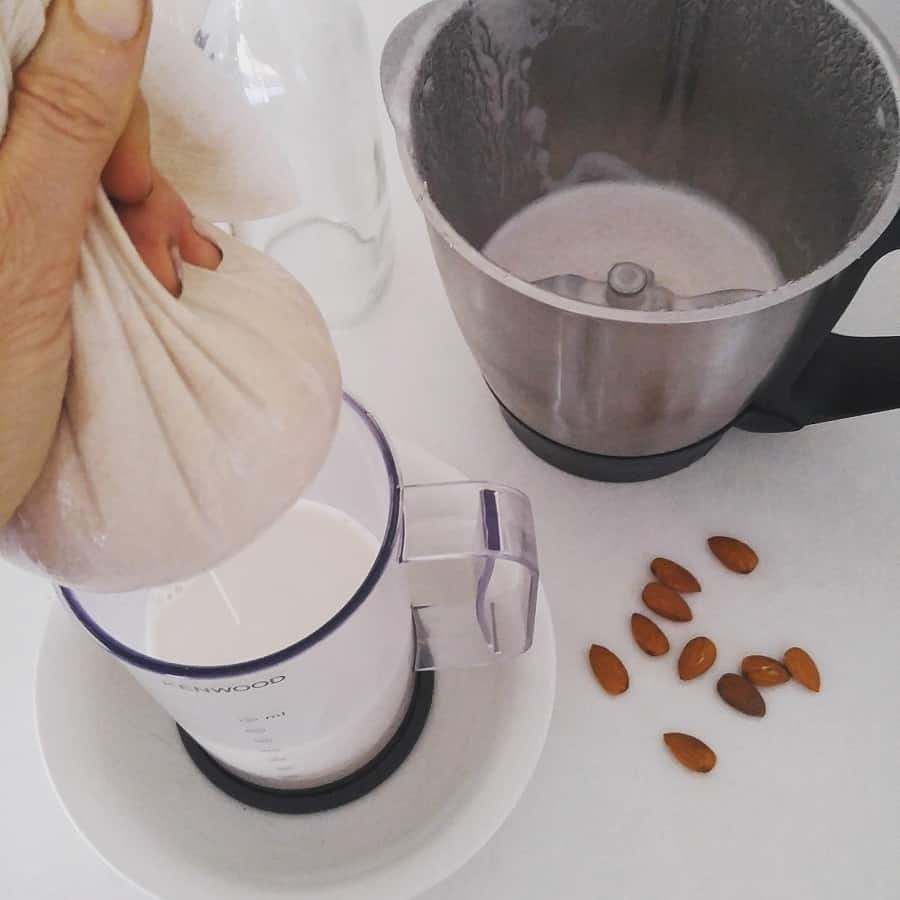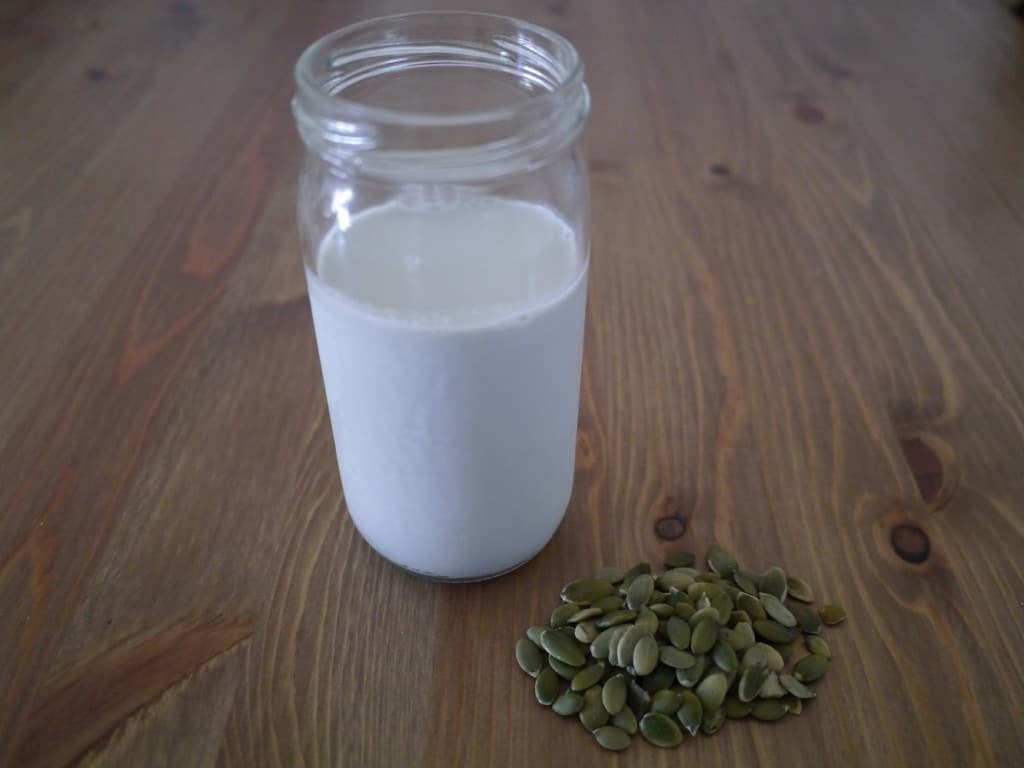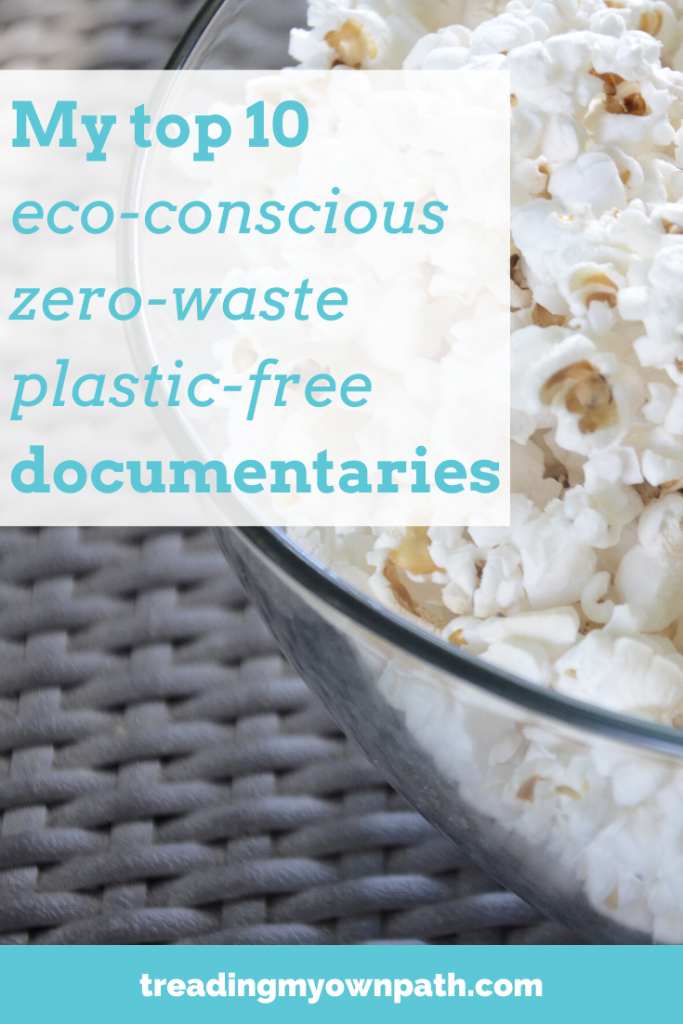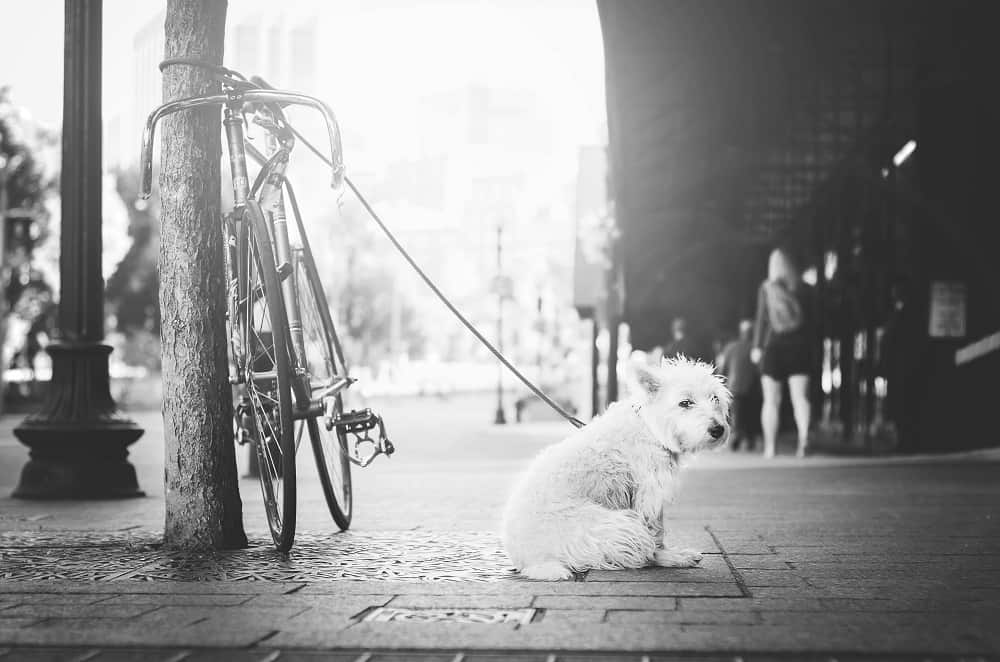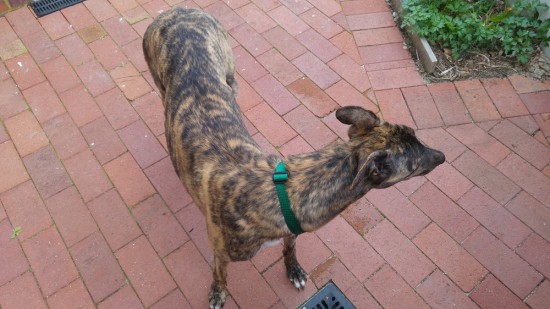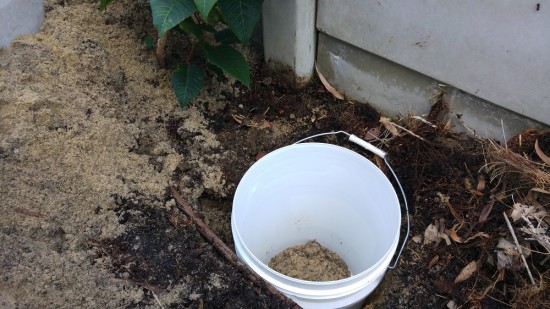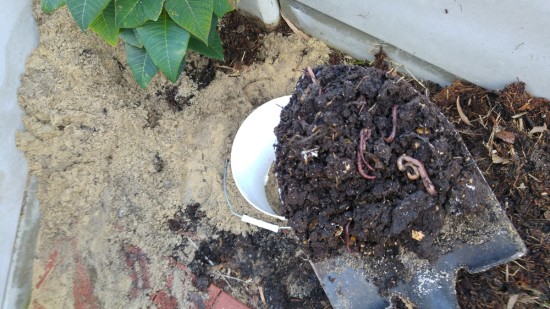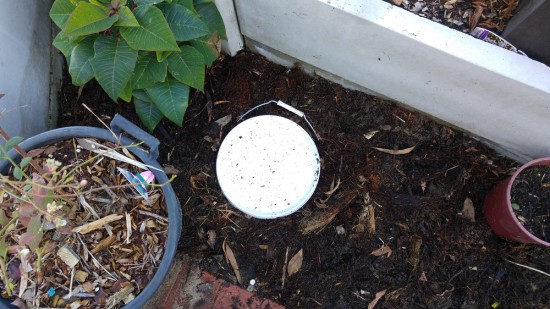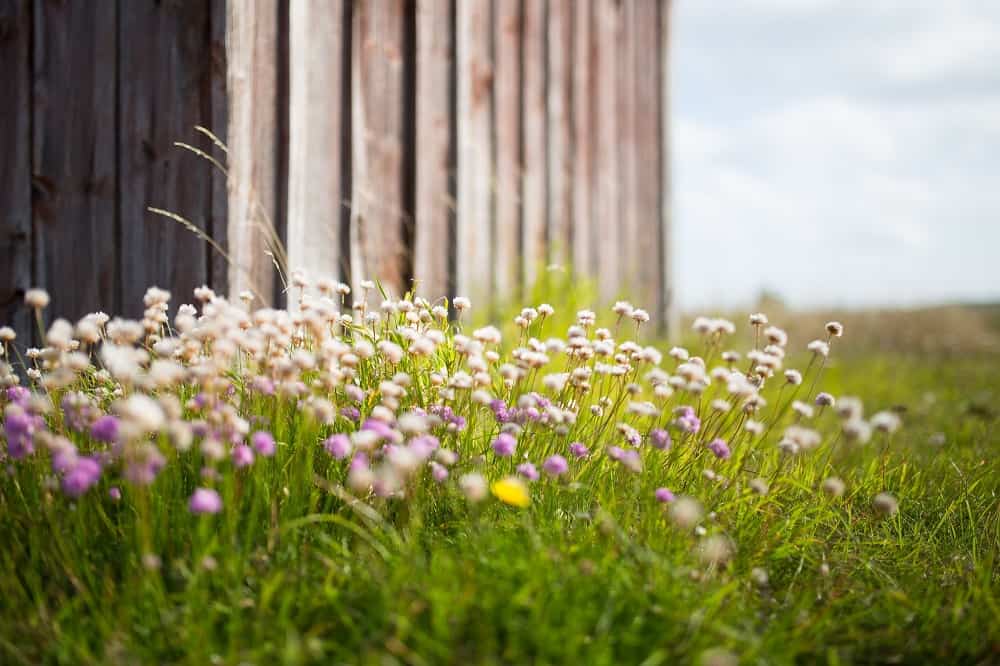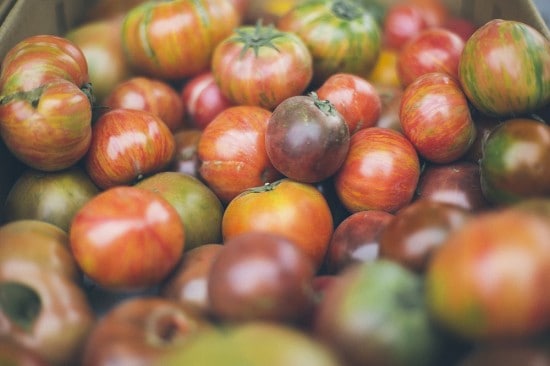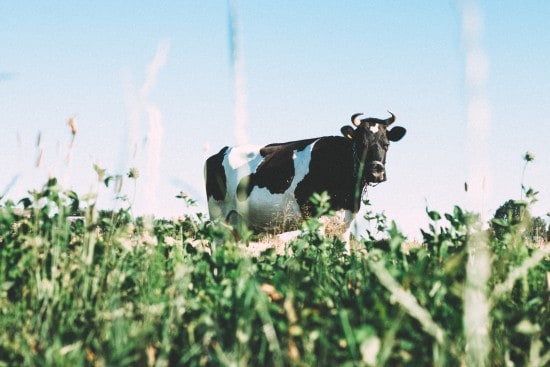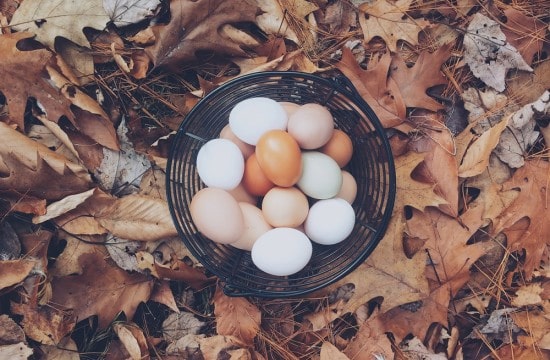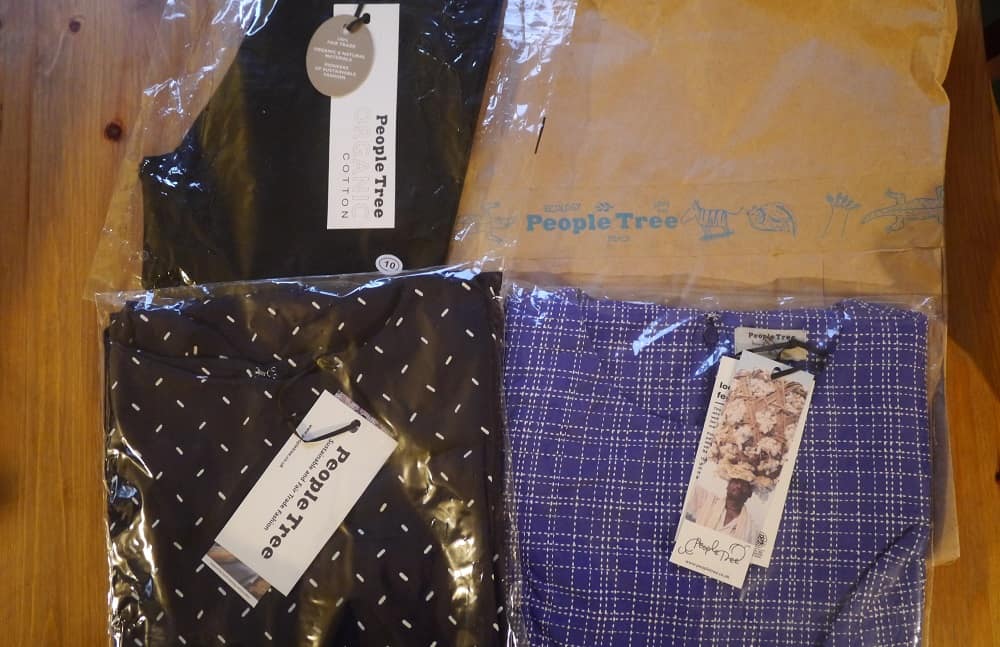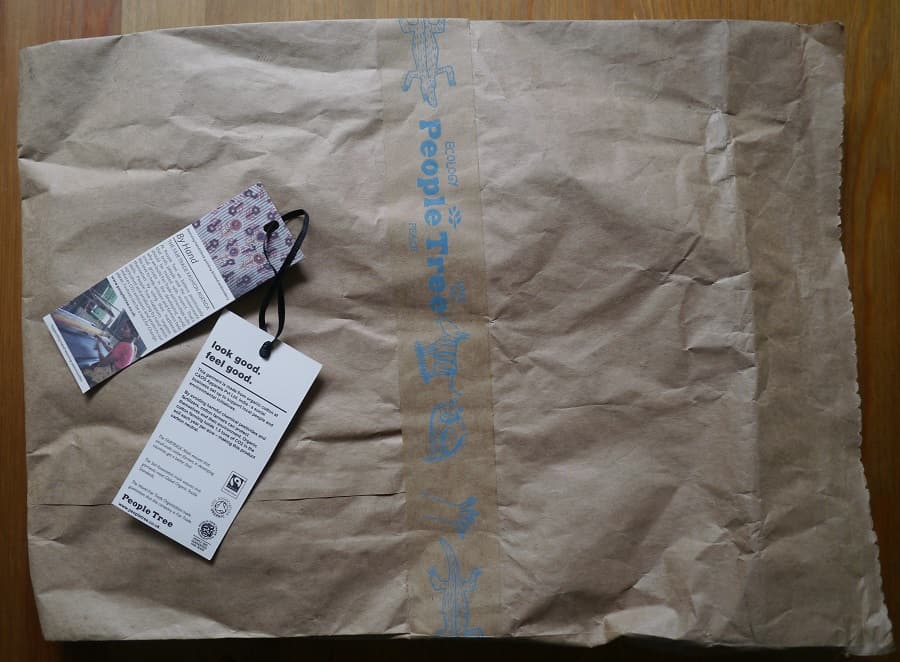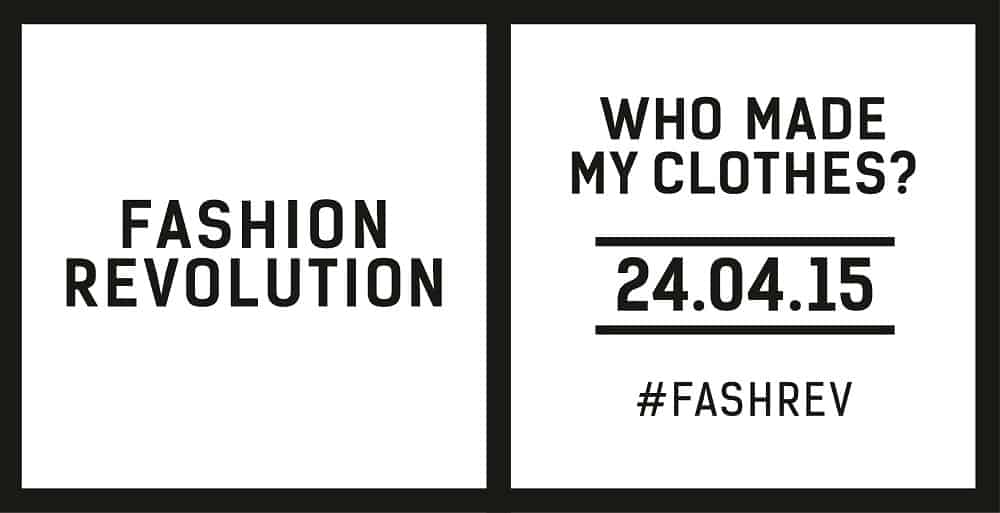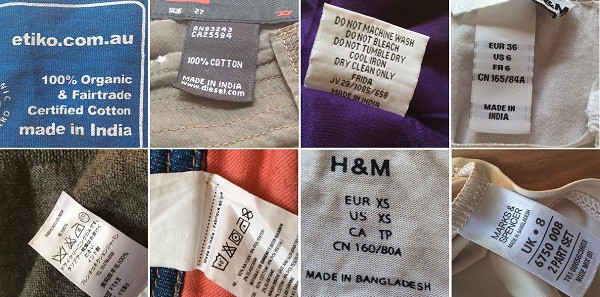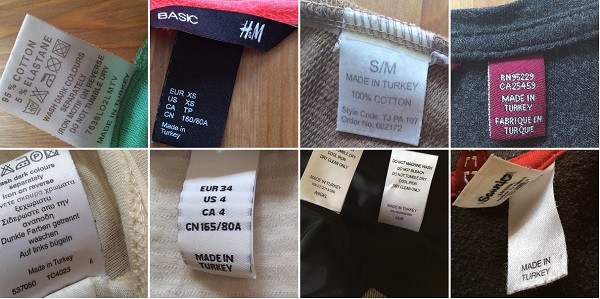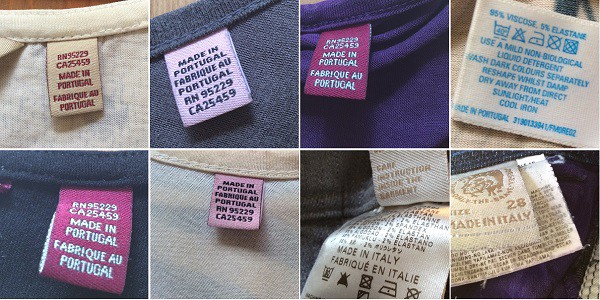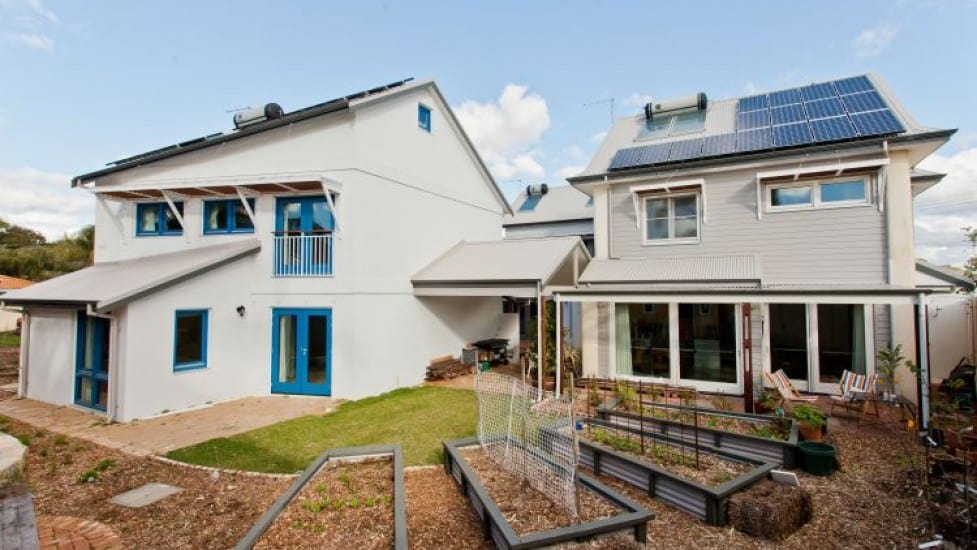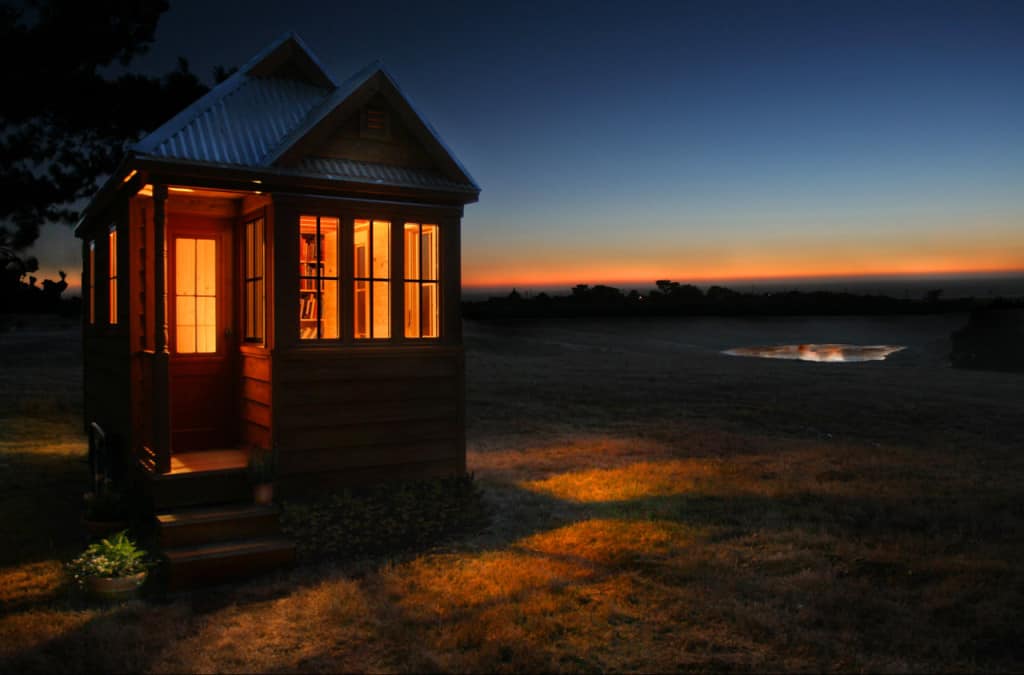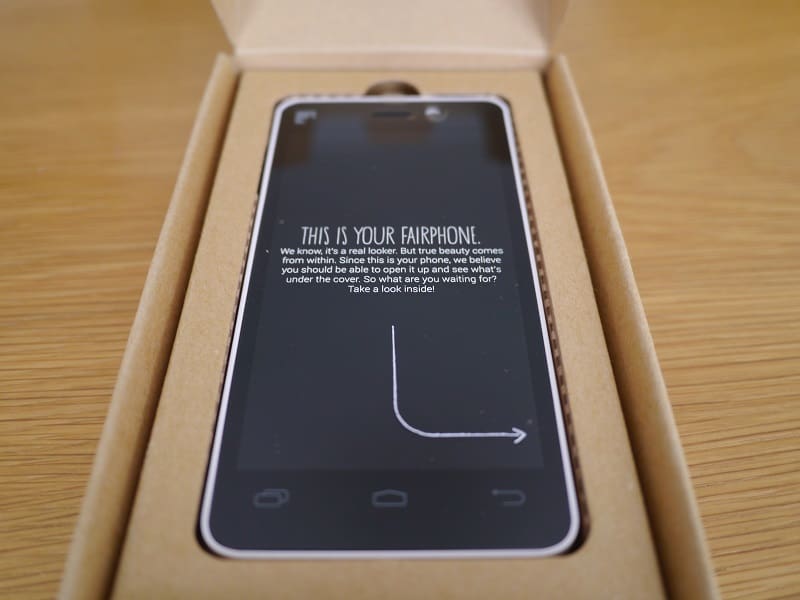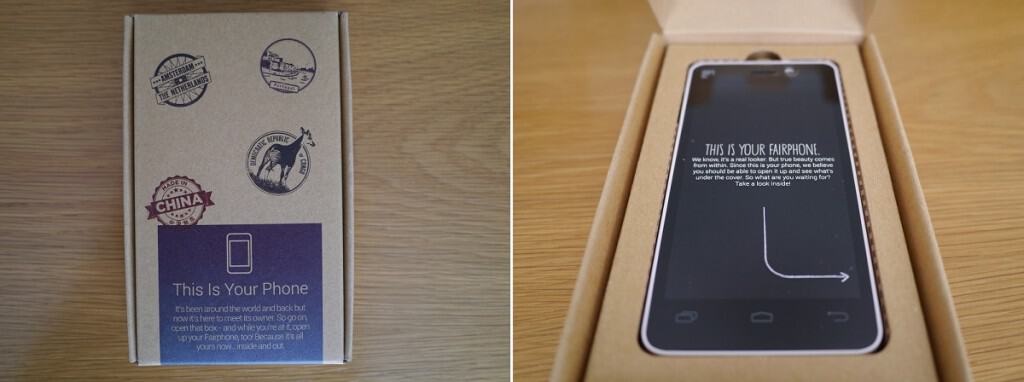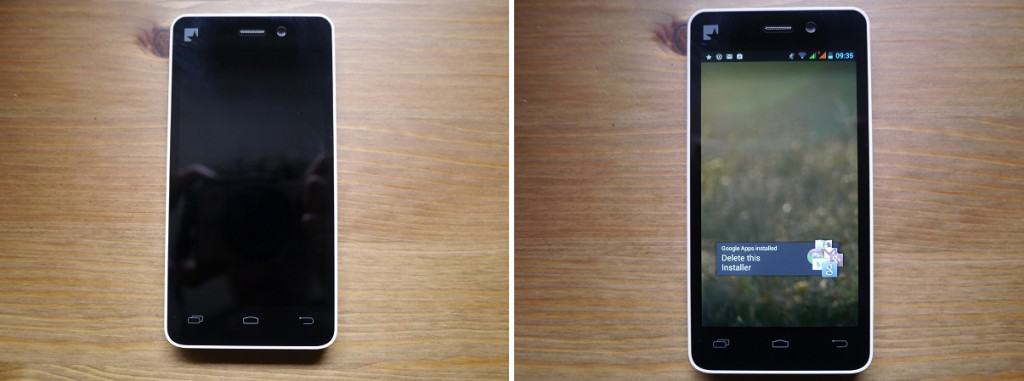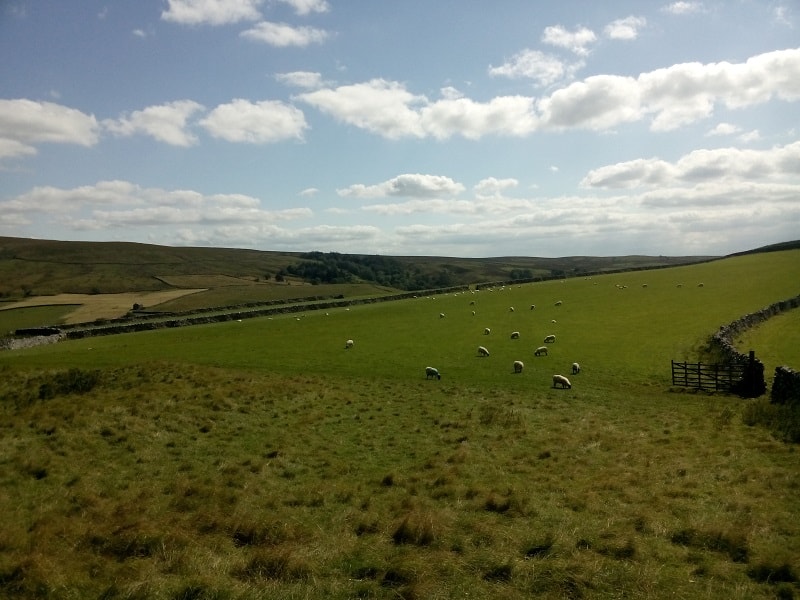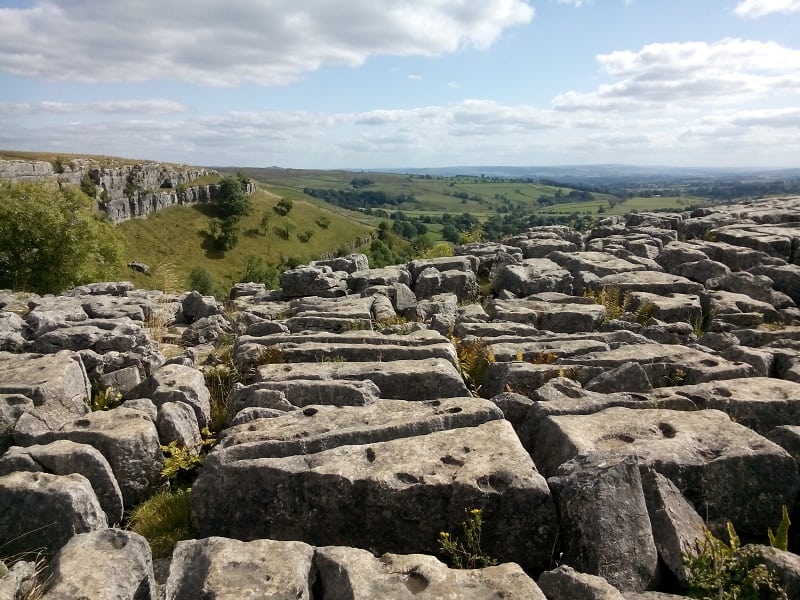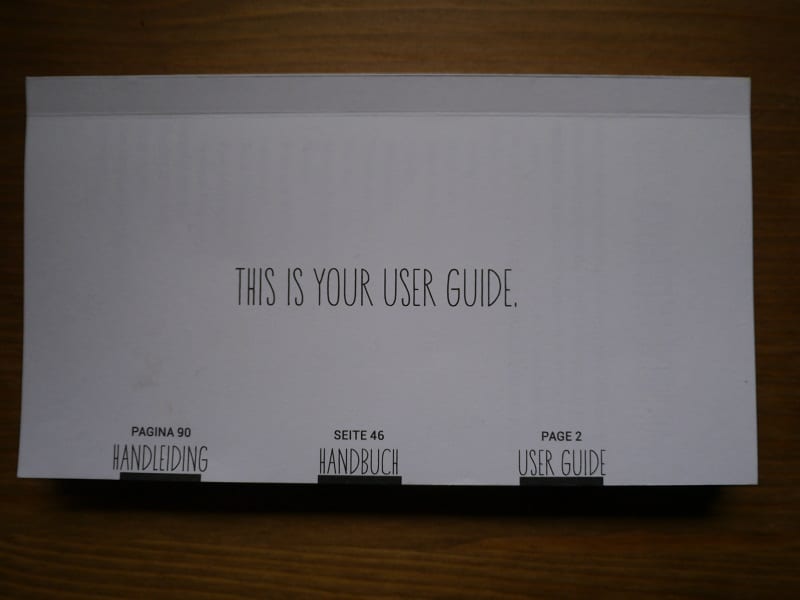Isn’t Zero Waste Living Meant to be Cheaper? (+ What To Do When It Isn’t)
Zero waste and plastic-free living are often spruiked as a way to save money. I avoid using that reason (I explained why I won’t talk about money-saving here). Even though, yes, living zero waste means I spend less.
It is pretty hard to stop buying stuff and spend more ;)
Whilst overall I spend less than I used to, some things I buy do cost more than their packaged equivalents. In the early days, I stood in the aisle, looking at the cheaper pre-packaged item and the more expensive bulk or zero waste one, and felt torn.
If someone embraces zero waste living solely as a way to save money, this is the point where they will stop. That’s one reason why I don’t use the ‘money-saving’ reason as a benefit. I want others to embrace this lifestyle beyond the choices that cost the least amount of money.
I want others to embrace choices that make the best sense for the bigger picture: local communities, our health, wildlife, workers rights, the environment and the planet as a whole.
For those of us who aren’t motivated solely by the money-saving aspect, knowing things are considerably more expensive can still be frustrating! No-one wants to feel like they’re being taken for a ride. I received this question recently, and it got me thinking:
“I’m having trouble justifying buying package free pasta and rice and such, when it is literally 10x as expensive as the same stuff I can get in the supermarket. I feel like I’m just wasting my money. If it were 2 or even 3x more expensive I might be able to justify it, but I feel like the price difference is kind of outrageous. Any wisdom?”
Oh, I’ve been there! These are my suggestions for what to do when zero waste isn’t the cheapest option, and you feel conflicted.
1. Remember Why You Chose the Zero Waste/Plastic-Free Lifestyle.
Most people choose this lifestyle for a number of reasons, and some of these reasons are about more than ourselves. Reasons such as: supporting local businesses and growing local communities, reducing litter, improving the environment, protecting our marine life, limiting harm to wildlife, reducing our impact on the world’s resources.
When we make choices that support ideas that are bigger than ourselves, we feel good. If you’re faced with a difficult choice, try to keep your ‘why’ at the front of your mind.
It might help you see the choice you’re making in a different light.
2. Ask Yourself What You Value.
For me, it comes down to values. I value locally grown, reduced carbon emissions, and organic. I value supporting independent businesses, and eating real food.
I value spending my money with companies I believe in. I value ethical and Fair Trade and sustainably produced.
(That’s not to say I don’t have a budget – I do! I’ll talk about that later.)
I want to see more products that fit in this niche, and more stores that support these ideas. The best thing I can do is vote with my dollar, and choose to support these brands and allow them to grow. Ultimately I don’t want this to be a niche, I want it to be mainstream. Supporting it is the only way this will happen.
Which is why, rather than shop at the bulk aisle in my local supermarket, I choose to shop at independent bulk stores. My favourite is The Source Bulk Foods. There’s one in my neighbourhood, but they have 33 stores across Australia (there’s 3 in Perth, and more planned). They aren’t the cheapest option, but they align the most with my values. Importantly, they are passionate about zero waste (some bulk stores here aren’t actually focused on the waste aspect).
The Source also have a huge variety of Australian-grown produce: almost all of their nuts are grown in Australia, and they even sell Australian quinoa. Supporting stores that champion these practices is more important to me than saving a couple of dollars.
3. Avoid Comparisons (Ignorance is Bliss).
Have you heard the saying ‘comparison is the thief of joy?’ No-one wants to feel ripped off, or like they spent too much. When we know that there’s a cheaper option, sometimes it can be hard to make the right choice.
My solution is not to look.
I rarely go in the supermarket now. I never look at catalogues or shops online. If I don’t know what I’m ‘missing out’ on, it stops the comparisons, and I’m happier,.
I know what I need, so I go to my regular shop, and decide if I want to make the purchase based on the price that day.
If you didn’t know that the supermarket was cheaper than your local bulk store, it would change your whole perspective. Where you can, avoid looking.
4. Rather Than Asking ‘Is It More Expensive?’, Ask ‘Can I Afford It?’
It’s funny how we can get hung up on the price of some things, but not others. When avocados hit $4 in the shops here, everyone goes nuts at the ‘expensive price’ – even though they are locally grown, delicious and very good for us.
Yet bumper boxes of super processed biscuits – the ones made entirely or processed sugar, processed flour and trans-fats (or palm oil)? If they are $4 people think it’s a bargain.
It’s all about perspective.
Rather than stressing that the waste-free version is more expensive than the pre-packaged version, we can re-frame the question. We can ask ourselves: can I afford it? Is there something I could go without in order to buy this? Do I want it that much or could I go without?
I buy chocolate, and I buy coffee, and both of these could be considered luxury items. (Even if I like to think of them as essentials!) If something else I really wanted seemed expensive, I could pay the extra and forgo one of these. If you regularly buy takeaway coffee, or take-out, or magazines, could you reduce your spending in this area?
These are the choices we can make.
There may be things that you just can’t afford to buy zero waste at this point in your journey. Then you have two options: go without; or compromise.
5. Rather Than Worrying About The Price of Individual Items, Set Yourself a Budget For Your Entire Shop.
It’s all very lovely to talk about values and priorities, but most of us living a zero waste or plastic-free lifestyle have a budget. Hello, real world! Much as we might want to, we can’t necessarily afford to make all the perfect choices.
I’d like to buy everything organic, but in reality, my budget doesn’t allow me to.
Rather than stressing over individual items, we can set a budget for our whole shop. Many things in bulk are much cheaper than their pre-packaged counterparts, yet we tend to focus on the stuff that costs more rather than celebrating what costs less.
Are things really too expensive, or can we accommodate them by making other changes?
Knowing exactly how much we have to spend will help us make better decisions – either now, or in the future as our circumstances change.
The answers will be different for everybody.
Don’t beat yourself up because you can’t always afford the perfect option (most of us can’t). But if the better choice is only a couple of dollars more, ask yourself what’s really stopping you making that choice?
For me, the question isn’t “does it cost more?” The question is, who will benefit if I choose the zero waste, organic, local option? And who will benefit (and who will suffer) if I don’t? When I’m on the fence about making the more ethical choice over the cheaper one, this helps direct me back to my priorities.
Now I’d love to hear from you! Do you ever get torn between cheaper options and more ethical, expensive options? How have your choices changed over time? Is there anything that you’re currently struggling with? Do you have any tips to add? Please tell me your thoughts in the comments below!
[leadpages_leadbox leadbox_id=1429a0746639c5] [/leadpages_leadbox]

